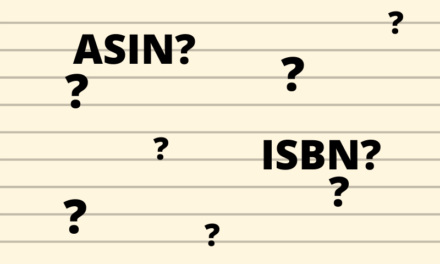
How long have you been working on your book? Three months? Three years?
If you feel like it’s taking too long, relax. There’s no hard and fast rule about how long it should take you to write a book, as long as you finish it and do the necessary work to get it out to your audience. One of my favorite nonfiction writers, Erik Larson, takes a year just to come up with a new book idea. Novelist L. M. Montgomery spent 10 years writing Gone with the Wind. And J. R. R. Tolkien perfected his Lord of the Rings trilogy in just 16 years.
It took me more than 10 years to refine my nonfiction book idea, write it, rewrite it, and prepare it for publication. Along the way, I learned many valuable lessons about the writing process. Here are 10 of them.
- Your book will probably evolve as you grow and change as a person. For me, this was necessary. As I matured, so did my message—and my writing.
- You might want to think twice about publishing your first manuscript out of the box. Maybe it’s just me, but I’m super glad I didn’t publish the first version of my book. The general message might have been all right, but some of the content and style now makes me cringe (see #3).
- Get another perspective. Because I was writing a Christian book, I had theological types review it for input on Christian themes. This was fine and a good idea. But after I sent it to a former writing professor, I thought twice about some of the content. She outlined concepts and phrases that “didn’t work” for her, helping me consider how my writing came across to a broader audience.
- It’s OK if you need to change course. Very little of that first manuscript made it into my final book. Somewhere along the way, the message no longer felt complete and I changed my focus. Even so, I was pleasantly surprised when an interview I had done for the first manuscript and put aside in the second version came to life a decade later in the final book.
- Don’t despise your early efforts. You need them. They help you grow and see how far you’ve come. And you wrote some really great stuff that can potentially be reworked and reused, or lead you to another great idea (see #4).
- If you don’t like your manuscript, keep working on it until you do. This very thing led me to #7.
- Experiment with voice. It took me a while to figure out how to blend my poetic side with my nonfiction/feature writer/corporate writer side. I had to work at it, and I’m glad I did.
- Get professional feedback. I took my second manuscript to a writer’s conference and paid extra to have a literary agent and a published author provide feedback on a few chapters. It was the best thing I ever did. I rewrote my entire book as a result.
- You don’t need fancy stuff to write a book. By fancy stuff, I mean electronic organizing systems, special writing software programs, an executive desk, etc. Really, all you need is a functioning computer and word processing software. Some articles may tell you otherwise, but I encourage you to just start with the tools you have.
- In the words of Winston Churchill, never, never, never give up. Don’t quit. If your idea is burning in your heart, you need to write it, no matter how long it takes.
What about you—what lessons have a long writing process taught you?



